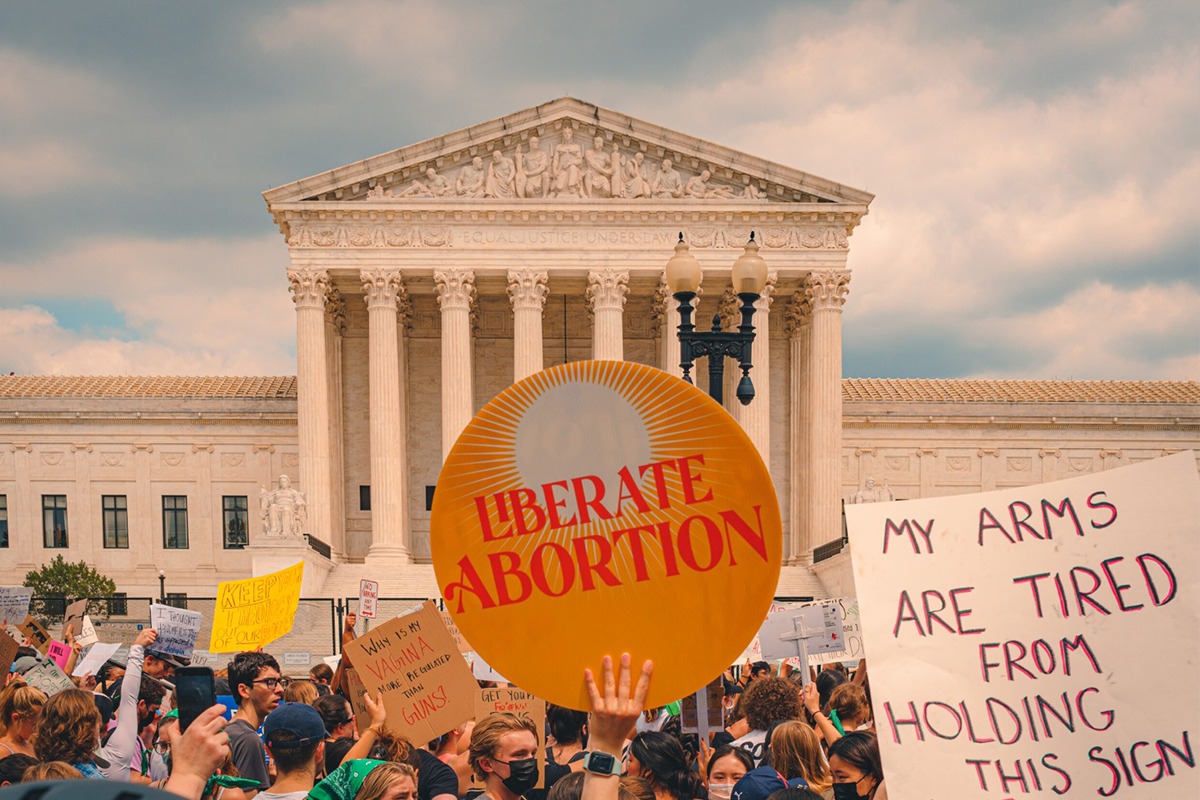The Left and the Right in the US are becoming trenchant and entrenched on several inter-related issues. The resultant polarisation affects poll outcomes, but the potential consequences in the slightly longer-term are nothing short of scary.
I say slightly longer because that most powerful country of the past century may well be moving towards civil war over these issues, and that eventuality might be upon us sooner than later.
Already, the clashes between Black Lives Matter demonstrators and police forces in city after city in 2020 gave us glimpses of a potential civil war. The invasion of the Capitol, the US’s Parliament building, by a charged-up mob on January 6, 2021, was another glimpse of what might lie ahead. It was an attempt to force through brute tactics which side of the political spectrum would rule.
ALSO READ: Why Sabrina Siddiqui failed as a journalist at White House press conference
Inter-connected issues
The bunch of issues that have galvanised and polarised the US include race, gender identity, abortion, gun control, and conservative family values. These issues have willy-nilly become intertwined, and most citizens have become fiercely uncompromising with regard to them.
A large section of the population equate conservative values with White Americans of European descent, and want to privilege the combo. How? By carrying arms, strengthening the police, banning abortion, not allowing discussion of race-based inequalities or slavery, and opposing non-binary gender identities.
The Left, on the other hand, wants a woman’s right to abort, and to highlight and oppose racism and other societal inequities. They also want checks on the police, and on the absolute constitutional license to carry arms.
Further, many radical Leftists seek to promote the right of persons to identity by all sorts of gender, to allow sex change operations even while relatively young, and to shut down conservative voices. Strident ‘woke’ opposition to other voices has generated a strong response.
Polarised Supreme Court
This polarisation has affected every aspect of the US, often intensely. This is most obvious in the US Supreme Court, and the intensity of the processes by which Supreme Court justices have been selected over the past few years.
ALSO READ: When Obama goes low, Modi goes high
They are appointed by the President of the day, but their appointments have to be ratified by the Senate. That’s where polarisation has been intense. This was particularly noticeable when Amy Coney Barrett was elevated after the death of the legendary liberal, Ruth Bader Ginsberg, just months before President Trump’s term ended.
Barrett’s elevation made it a 6-3 conservative majority, and some pretty radically right wing judgements have been issued since. One, passed a year ago, overturned the right to abortion. Another, issued this Thursday, banned positive discrimination in university admissions.
Many Black and brown students (including Indians and persons of Indian descent) have benefitted from inclusionary admissions policies. So have the handicapped and persons with non-binary sexualities.
The US Supreme Court ruled that universities must go by the law that mandates equal opportunities for all citizens. The impassioned minority ruling of the newest (and first Black woman) member of the court, Ketanji Brown Jackson, is a scathing expression of the angst of liberals.
“With let-them-eat-cake obliviousness, today, the majority pulls the ripcord and announces ‘colorblindness for all’ by legal fiat,” she wrote in her 29-page dissent. “But deeming race irrelevant in law does not make it so in life.”
The reference to Queen Marie Antoinette’s infamous response (‘let them eat cake’) when she was told that agitating people did not have bread is a reference to the French Revolution, which followed from those agitations. Agitational possibilities lurk, and could spiral.
ALSO READ: Did Putin mismanage Prigozhin affair?
War-like civic animosity
Such polarised positions on race, gender, and inter-related issues have animated voters, emerging among the most important poll issues in recent years. The verdict that allowed bans on abortions (which several state governors have since imposed) became a key issue in the 2022 mid-term elections for legislatures. It is possible that the new equal opportunities judgement could influence voters in next year’s general elections.
No doubt, candidates — including those who seek to be the next President —will be asked about their stand on this issue. Democrat candidates may feel pressed to oppose the court’s ruling. Republicans who seek inclusive politics may find the issue more challenging. It’s easy to see the relationship between race-based weightage for admissions and whether to discuss racism and slavery in classrooms. The rising tide of White conservatism opposes both.
But race is also linked with arms controls, abortions, state support for single parents, and other aspects of what are called family values. Many White citizens cherish the constitutional provision that gives absolute permission to carry guns. On the other hand, Black persons tend more often to fall victim to policemen’s guns. As for the right to abortion, data shows that Black women tend more often to be single mothers.









